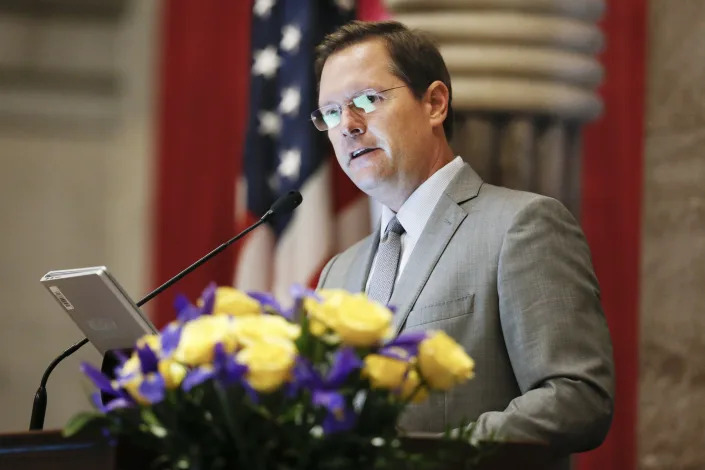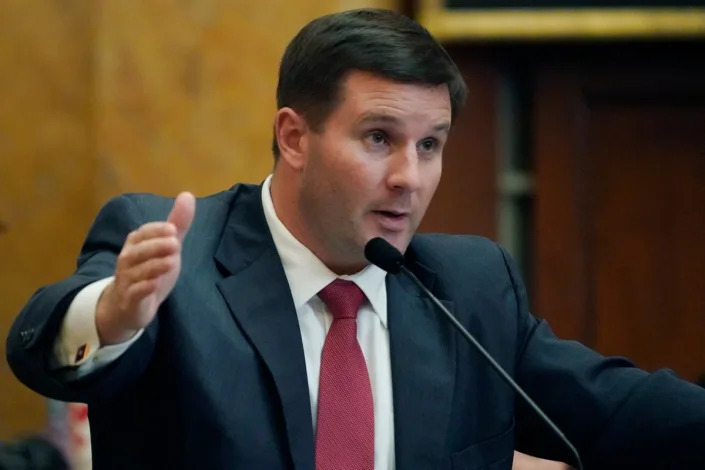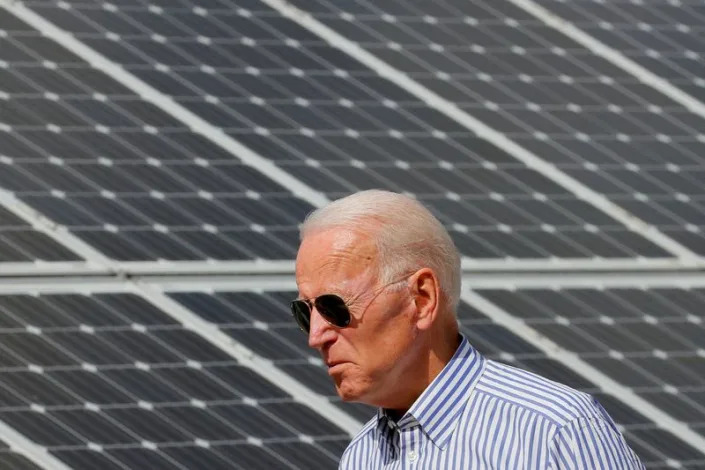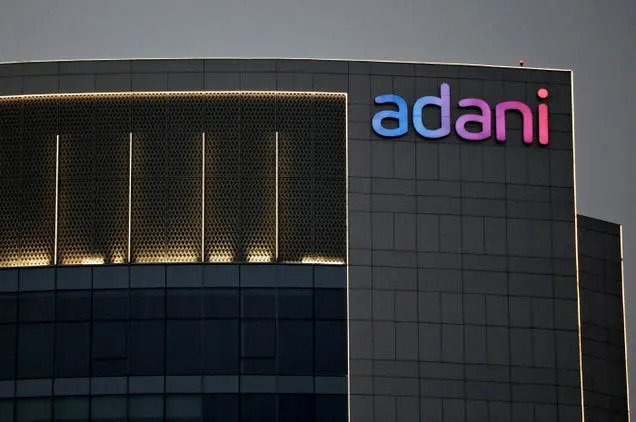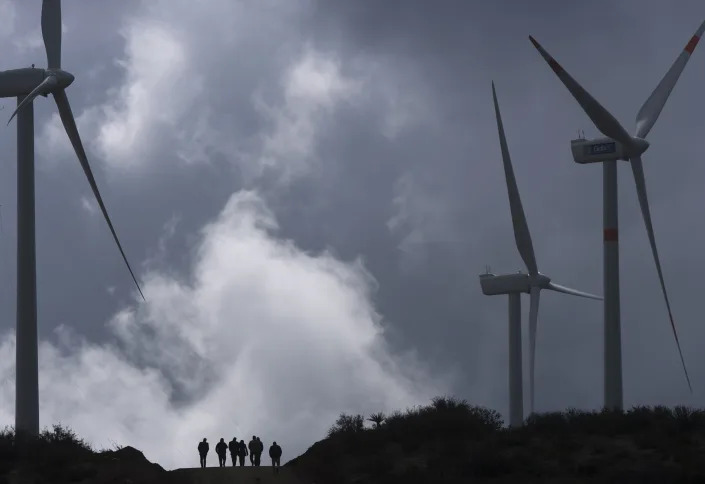Exxon Mobil shares are rebounding back towards record highs this morning after The Wall Street Journal reports that the giant energy company will be combining business units as part of a continuing corporate reorganization that will cut costs and trim some jobs.
After recently posting a record profit in 2022 (and facing wrath of The White House), the US oil company will, according to a memo sent to employees, form three new organizations under which it will wed several smaller units later this year such as its financial-services, procurement and customer-service groups
Exxon said in the memo the consolidation plan is “not about headcount reductions.”
“We want simpler processes and more modern tools that allow us to work more quickly and with less frustration, at lower cost,” the company said.
“We want a company that operates at scale, taking advantage of our integrated business model in everything it does.”
XOM is up over 1% today, even as oil prices slide, pushing back up towards its record highs...
The reshuffling is the latest move in a multiyear effort by Exxon to try to save $9 billion in annual costs by the end of this year, compared with 2019.
The company said late last month it is on track to cut another $2 billion this year on top of $7 billion in savings it has found in initiatives such as putting its refining and chemicals businesses under one roof last year.
Additionally, Bloomberg reports that the supermajor is creating a global trading division to compete more aggressively with the likes of BP and Shell in the high-risk, high-reward world of energy derivatives.
The new division will bring together Exxon’s crude, natural gas, power and petroleum-product desks, the company said in an email to employees that was seen by Bloomberg.
Global Trading, to be formed later this year, will focus on “driving commercial intensity and ultimately delivering industry-leading trading results,” according to the email sent on Thursday.
Bloomberg notes that Exxon first dipped its toes in trading in 2018 but took a cautious approach, gradually hiring traders and building out systems with a focus on natural hedges around its operations rather than speculative bets. During the pandemic, the company pulled back, cutting capital available to traders at a time of extreme market volatility that delivered massive profits to rivals oil companies.
Specific details such as hiring targets and capital commitments were not disclosed.
By Zerohedge.com

